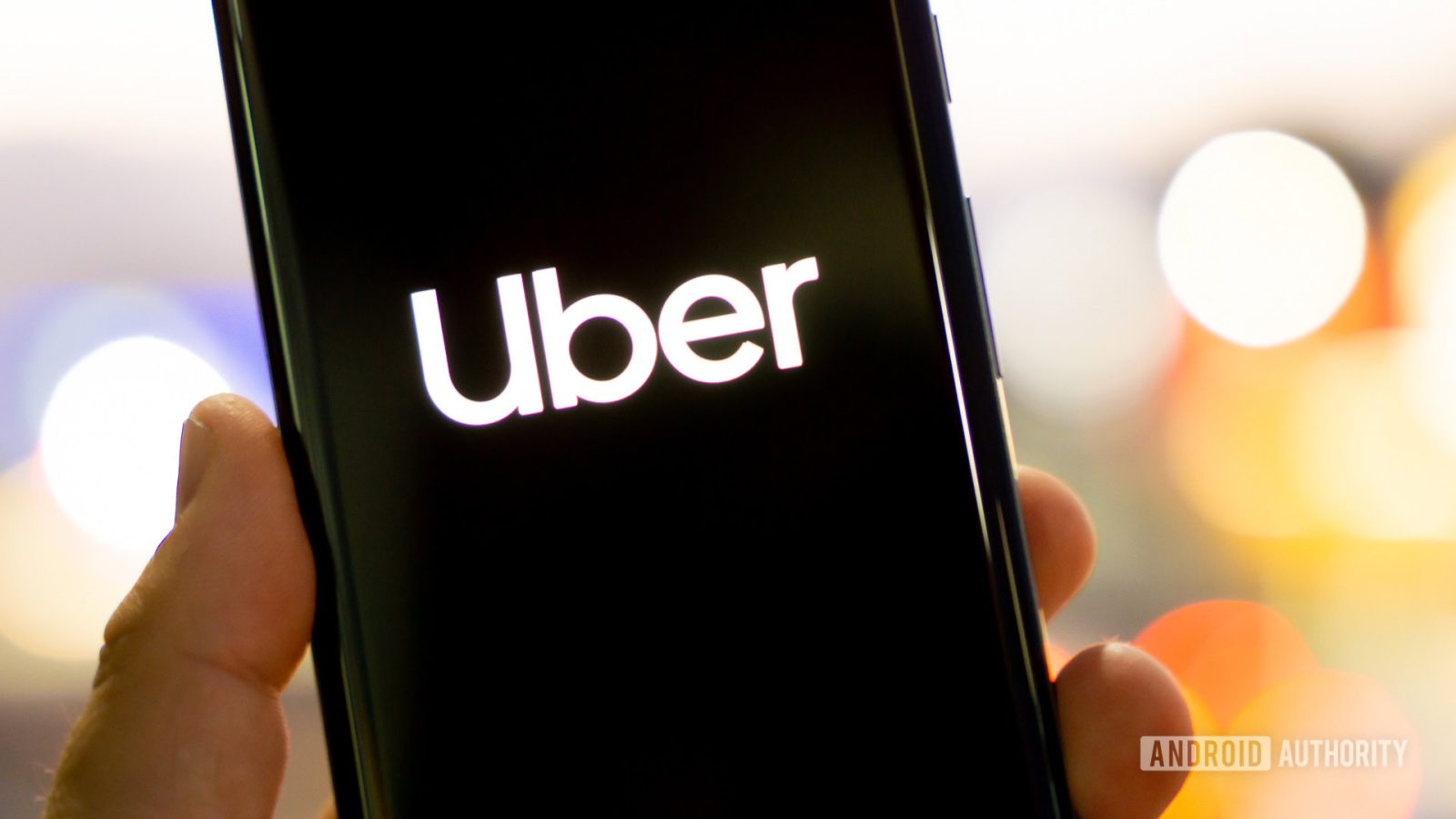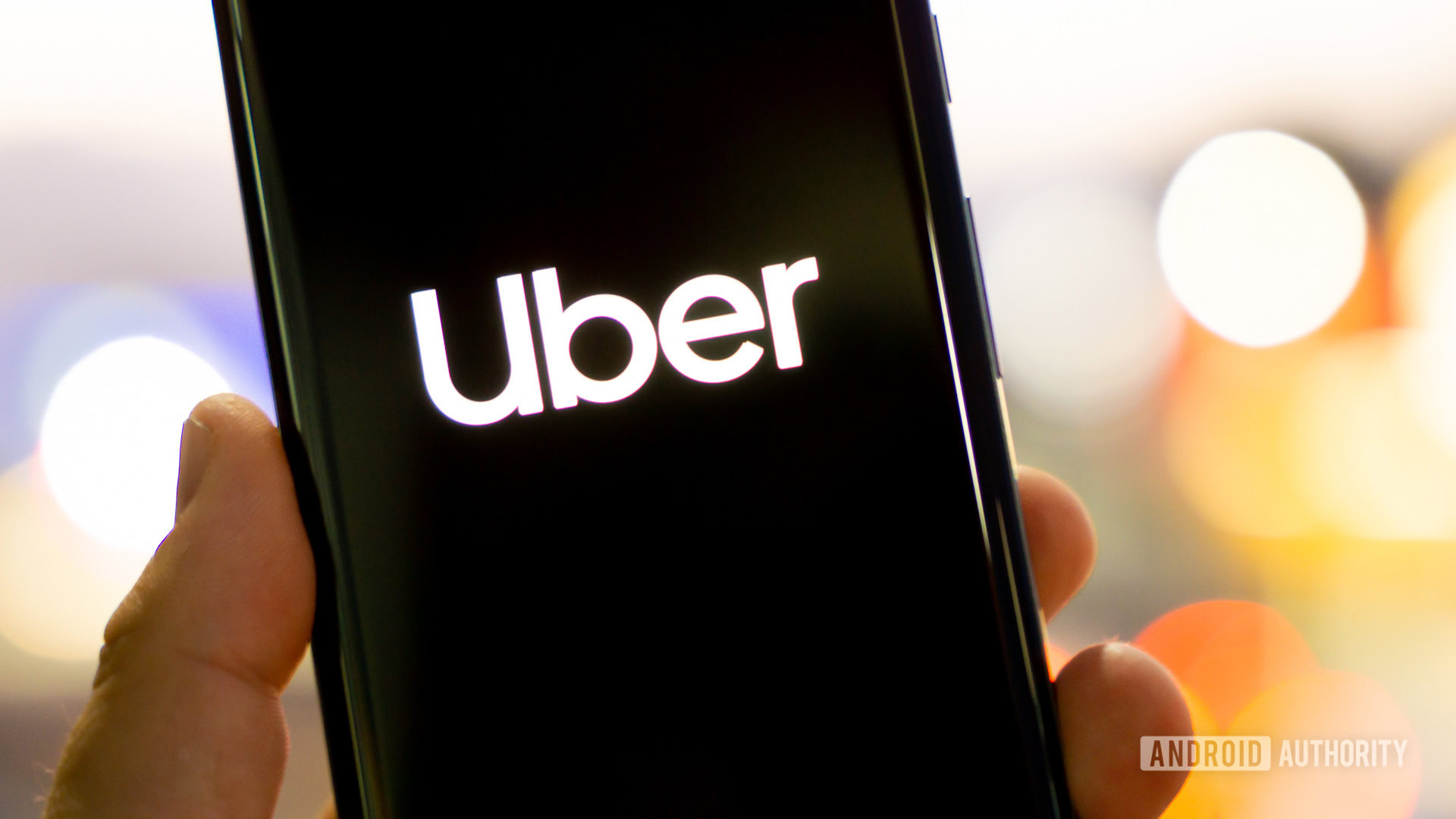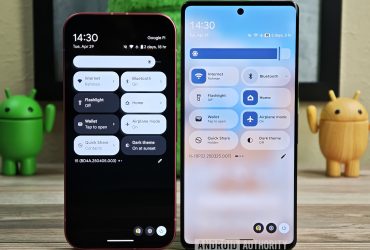

Edgar Cervantes / Android Authority
TL;DR
- The FTC has filed a lawsuit against Uber, alleging deceptive practices related to its Uber One subscription service.
- The complaint claims users were enrolled without clear consent and faced an incredibly difficult cancellation process.
- Uber denies any wrongdoing, while the FTC seeks financial penalties and an end to such tactics.
Uber is under fire from the Federal Trade Commission (once again), which has filed a lawsuit accusing the ride-hailing giant of tricking users into its Uber One subscription and making it unnecessarily difficult to cancel. The lawsuit, filed in the Northern District of California, claims Uber violated consumer protection laws by enrolling users without their clear consent and then putting them through a maze of screens to cancel, particularly in the final days before a billing cycle. (h/t: The Verge)
The Uber One subscription offers perks like discounted rides and free delivery for $9.99 a month or $96 a year. However, according to the FTC, Uber misleads users by promising they’ll “save $25 a month” without clearly disclosing the subscription cost. The agency says the company also hides key terms in hard-to-read, greyed-out text and makes exaggerated claims like “cancel anytime,” when the actual cancellation process is anything but straightforward.
FTC wants Uber to do better
The complaint details how customers were signed up through pop-ups, push notifications, or misleading checkboxes during checkout, sometimes without ever realizing it. Some were enrolled through Uber’s credit card partnerships, and others said they were charged for subscriptions even though they didn’t have an Uber account. In several cases, people reported being charged even after attempting to cancel during a trial period or shortly before a renewal date.
The issue is especially frustrating during the 48 hours leading up to a billing date. The lawsuit claims that Uber disables the in-app cancellation option during this window, redirecting users to contact customer support, without providing clear instructions or contact details. Even those who managed to reach support were often hit with another charge before their cancellation could be processed.
One part of the complaint highlights just how difficult the process could be. To cancel near a billing date, users might have to navigate as many as 23 screens and take at least 32 separate actions. Multiple users called it a “loop” they couldn’t escape, describing a system that seemed designed to wear people down.
The FTC alleges these practices violate both Section 5 of the FTC Act, which prohibits unfair or deceptive business practices, and the Restore Online Shoppers’ Confidence Act (ROSCA), which requires companies using negative option billing to clearly disclose terms, obtain informed consent, and provide a simple cancellation method.
Uber doesn’t think there’s anything wrong
Uber, for its part, denies the allegations. A company spokesperson said the FTC’s claims are “erroneous” and that its subscription processes are “clear, simple, and follow the letter and spirit of the law.” Uber maintains that cancellations can be done in-app in “20 seconds or less” and that it does not sign users up without their permission.
The company also shared statements from former FTC officials, including ex-Chairman Tim Muris, who criticized the agency for filing the lawsuit “without a full investigation” and based on “misunderstandings of both the facts and the law.”
But that “20 seconds or less” defense doesn’t quite hold up for a lot of us. Personally, I’ve had my run-ins with Uber One — and they mirror much of what the FTC is describing. On more than one occasion, I found myself unintentionally enrolled after the Uber Eats app displayed the Uber One sign-up flow instead of the order confirmation screen. And when I tried to cancel, I had to tap through multiple different menus just to exit the subscription. So yes, maybe it could take 20 seconds if you already know exactly where to go, but compared to the one-tap sign-up, the cancellation process is still unnecessarily complicated.
And the problem isn’t just limited to subscriptions. Uber’s approach to user experience in general often feels anti-consumer. Even trying to get help for a delayed order or a billing issue can turn into a frustrating cycle of dead ends and vague menus that lead nowhere. It’s one of the main reasons I stopped using both Uber and Uber Eats altogether last year.
The FTC is now seeking a permanent injunction to stop Uber from continuing these practices, as well as financial compensation for affected users. Whether or not the courts side with the agency, the case sheds light on how far companies can go with dark patterns.
Got a tip? Talk to us! Email our staff at [email protected]. You can stay anonymous or get credit for the info, it’s your choice.
What’s your reaction?
Love0
Sad0
Happy0
Sleepy0
Angry0
Dead0
Wink0









Leave a Reply
View Comments